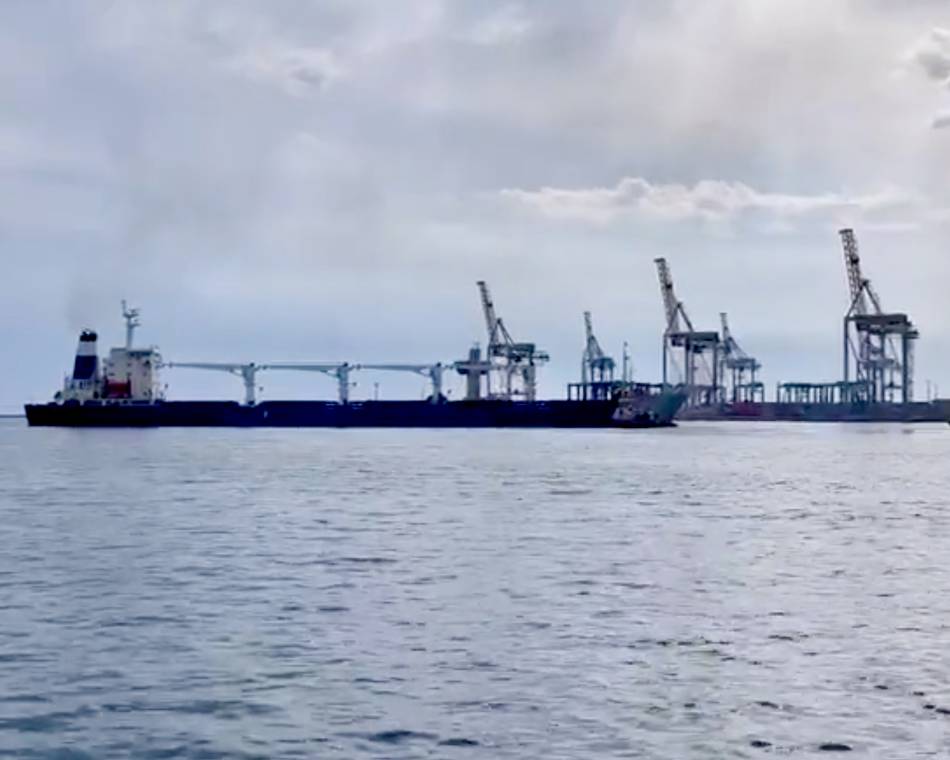A cargo vessel just slightly longer than the European Central Bank's skyscraper in Frankfurt left Ukraine's port of Odesa bound for Lebanon's port of Tripoli loaded with 26,527 metric tons of corn, becoming the first commercial ship to depart under the Black Sea Grain Initiative signed last month.
"Ensuring that existing grain and foodstuffs can move to global markets is a humanitarian imperative," said Stéphane Dujarric, spokesperson for U.N. Secretary-General António Guterres, who helped craft and signed the United Nations-brokered agreement with Russia, Ukraine and Turkey in the hope of easing the global food crisis.









